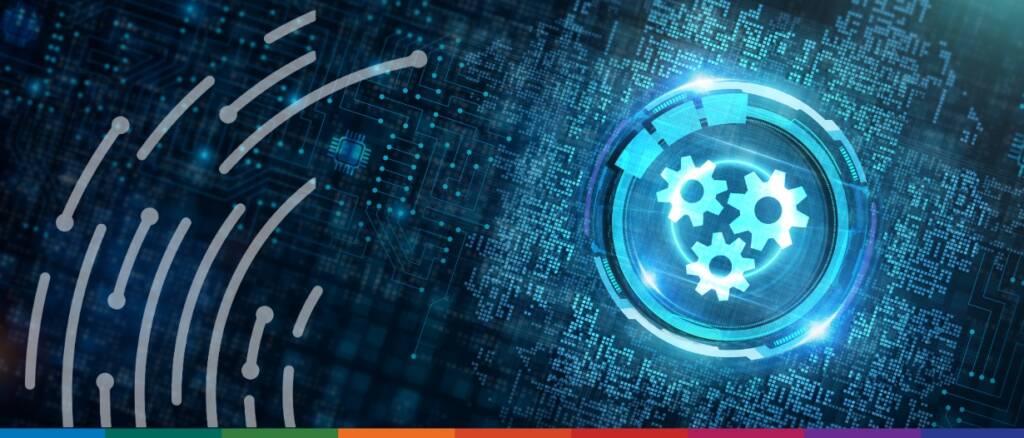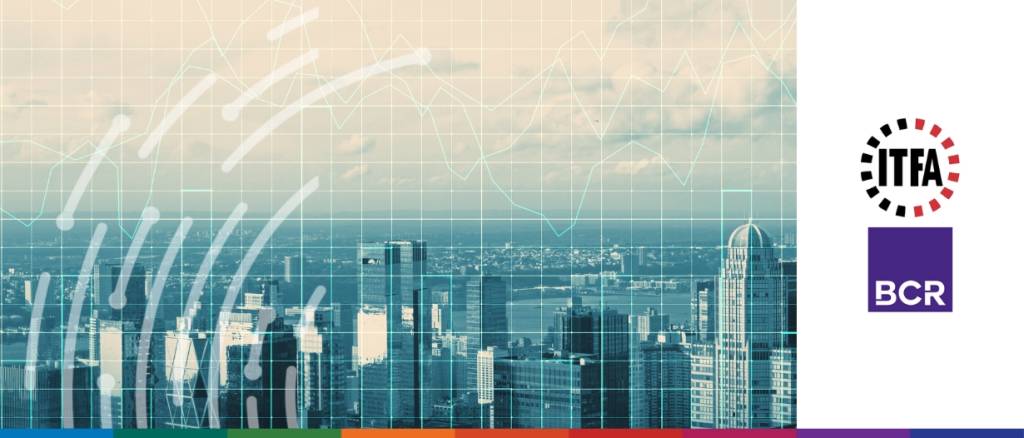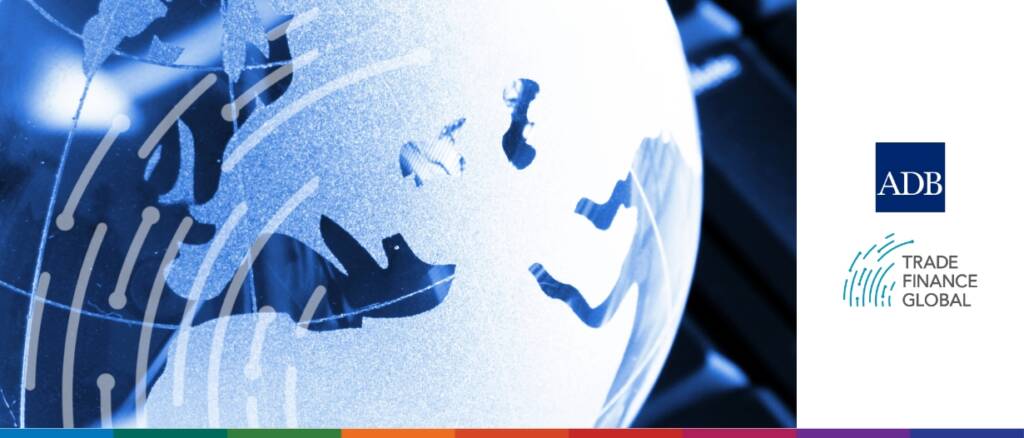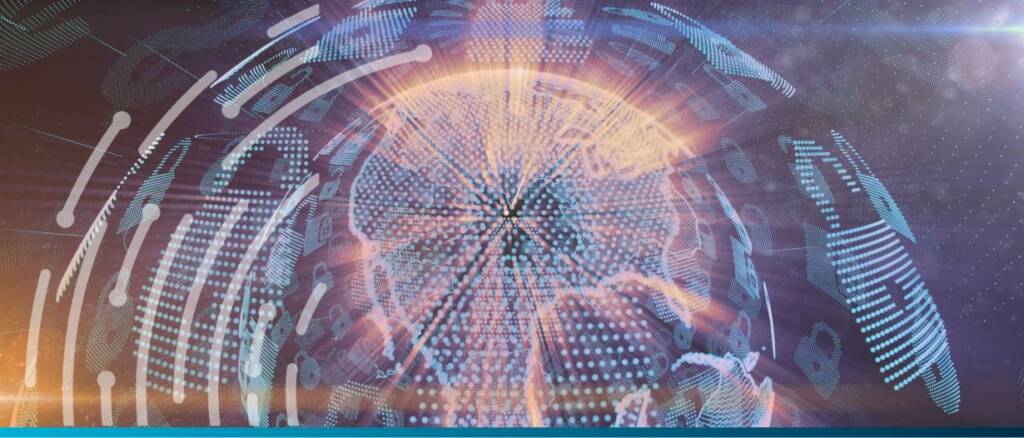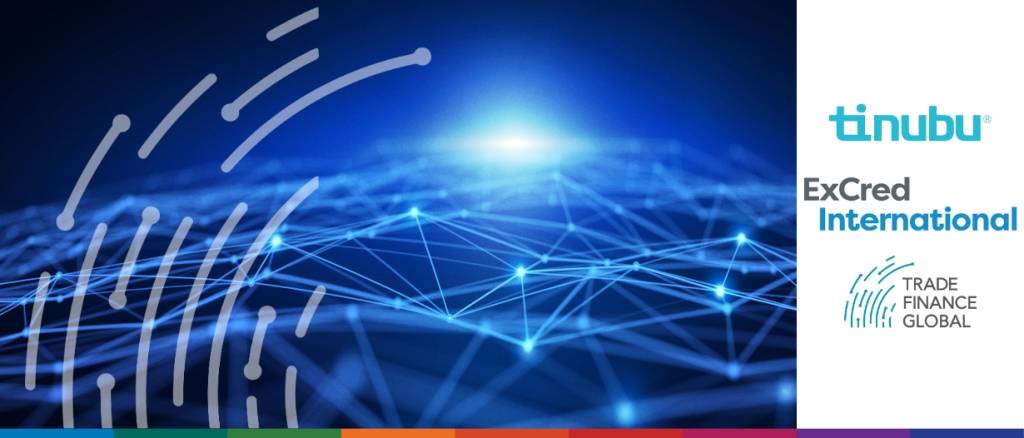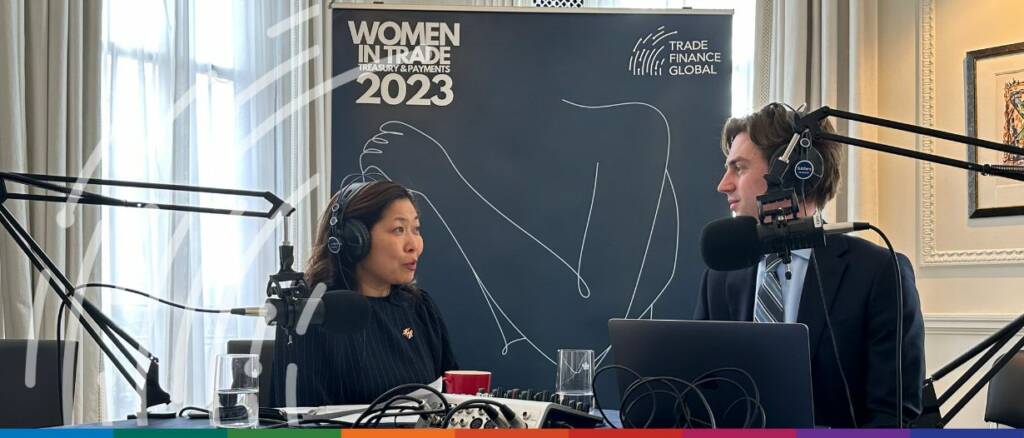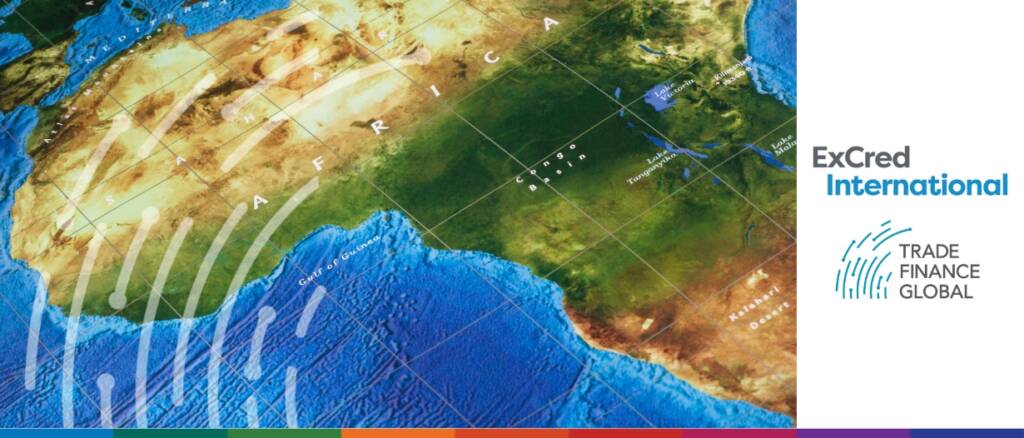To put it lightly, the past few years have been a rollercoaster ride for trade finance. Recent challenges have pushed the industry to the boundaries, which has created significant angst for many. However, this struggle also has a silver lining.
The geographically dispersed nature of international trade creates inherent difficulties when it comes to trusting a counterparty that may be located on the opposite end of the world.
At the ITFA and BCR: Trade & Investment Forum, Trade Finance Global’s (TFG) Deepesh Patel spoke with Abis Soetan, director at Fitch Ratings, to learn how the industry is evolving to incorporate trade as an asset class.
At the International Chamber of Commerce (ICC) UAE’s Trade Facilitation Summit, Trade Finance Global (TFG) spoke with Steven Beck, head of the trade and supply chain finance program at the Asian Development Bank (ADB).
Supply Chain Finance can, and should, be a force for good in ensuring much-needed liquidity reaches all suppliers, regardless of their size and meets the objectives of buyers.
Dubai’s undeniable growth in trade, logistics and the financing of international commerce has made it one of the most desirable trade destinations in the world. This is why I invested more time with members of the ITFA Middle East committee in 2022.
To learn more about how the trade credit industry is building further resilience, Trade Finance Global’s (TFG) Deepesh Patel spoke with Marc Meyer, SVP subject matter expert, Tinubu at ExCred International’s London conference.
Persistent structural gaps within and between the world’s economies will decisively influence trade in the years ahead. This was one of the key findings in the latest Future of Trade report.
TFG spoke to the Honourable Mary Ng, Minister of International Trade Export Promotion, Small Business and Economic Development to discuss the Canadian government’s role in international trade and supporting women in the workplace.
The specifics of African sovereign debt are incredibly nuanced and require a deep dive into country-specific situations and multilateral relationships. To get a better understanding of this subject, Trade Finance Global’s (TFG) Deepesh Patel sat down with Robert Besseling, CEO of Pangea-Risk at ExCred International in London.
















